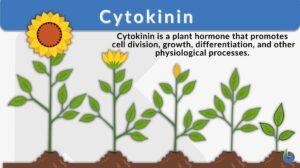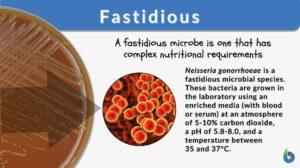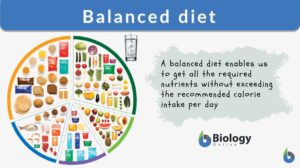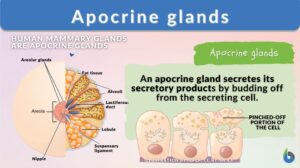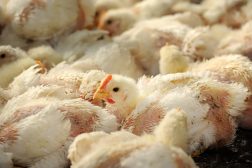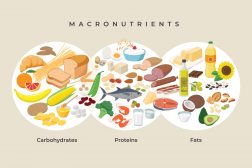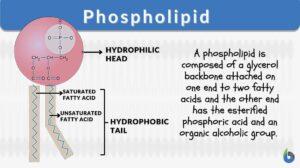Search Results for: milk
Human milk oligosaccharide
Definition noun plural: human milk oligosaccharides An oligosaccharide that occurs in high concentrations and exclusively... Read More
Milk yields affected by music tempo
Dairy cows produce more milk when listening to REM's 'Everybody Hurts' or Beethoven's 'Pastoral Symphony' than when... Read More
Disaccharide
Carbohydrates are organic compounds comprised of carbon, hydrogen, and oxygen, usually in the ratio of 1:2:1. They are one... Read More
Oligosaccharide
Carbohydrates are organic compounds consisting of carbon, hydrogen, and oxygen, usually in the ratio of 1:2:1. They are one... Read More
Mammary gland
Mammary gland(Science: anatomy) milk-producing gland of female mammals An apocrine gland that is made up of... Read More
Disruptive Selection
An evolutionary process known as disruptive selection (or disruptive natural selection) causes a population to become... Read More
Human Reproduction
Terminology and Concepts Primary reproductive organs are called gonads - testes in the male and ovaries in the female.... Read More
Fastidious
Fastidious Definition We can define fastidious as a term used in microbiology to denote a species that lacks the ability to... Read More
Balanced diet
What is a balanced diet? What is the definition of a balanced diet? A nutritionally balanced diet fulfills all nutritional... Read More
Galacto-oligosaccharide
Definition noun plural: galacto-oligosaccharides ga·lac·to·ol·i·go·sac·cha·ride An oligosaccharide made up of... Read More
Monosaccharide
Monosaccharide Definition In biology and biochemistry, a monosaccharide is a simple sugar that constitutes the building... Read More
Polypeptide
Polypeptide Definition Biology What are polypeptides? A polypeptide is defined as a polymer of amino acids joined together... Read More
Positive feedback
Positive Feedback Definition Each mechanism of the body like temperature, blood pressure, and levels of specific nutrients... Read More
Fermentation
Fermentation Definition What is fermentation? Fermentation is the breaking down of sugar molecules into simpler compounds... Read More
Lactose intolerance
Lactose intolerance a disorder characterised by abdominal cramps and diarrhoea after the consumption of food containing... Read More
Lactic acid
Definition noun (1) A colorless or yellowish, syrupy, water-soluble liquid, which is a byproduct of anaerobic glucose... Read More
Apocrine gland
The human body is a complex assemblage of many different organs, systems, glands, bones, and tissues. Weighing any one over... Read More
Selective Breeding
Reviewed by: Mary Anne Clark, PhDThousands of years before Darwin proposed evolution by natural selection and... Read More
Gastric chief cell
Definition noun, plural: gastric chief cells An epithelial cell that is found mainly in the mucosal layer of the stomach... Read More
Saccharide
Saccharide Definition What is a saccharide molecule? A saccharide is the unit structure of carbohydrates. In biochemistry,... Read More
Moraxella bovis
Definition Noun A gram-negative non-motile coccobacillus and highly opportunistic aerobic bacterium involved in Bovine... Read More
A Balanced Diet – Carbohydrates and Fat
Alongside the numerous vitamins that are required as part of a healthy diet, we must also eat food containing a variety of... Read More
Phospholipid
What is a phospholipid? Phospholipids are a subgroup of lipids. Other major types of lipids are fatty acids, sphingolipids,... Read More
Natural passive immunity
Definition noun A passive immunity acquired by the fetus or newborn from the mother via the placental transfer of antibodies... Read More







